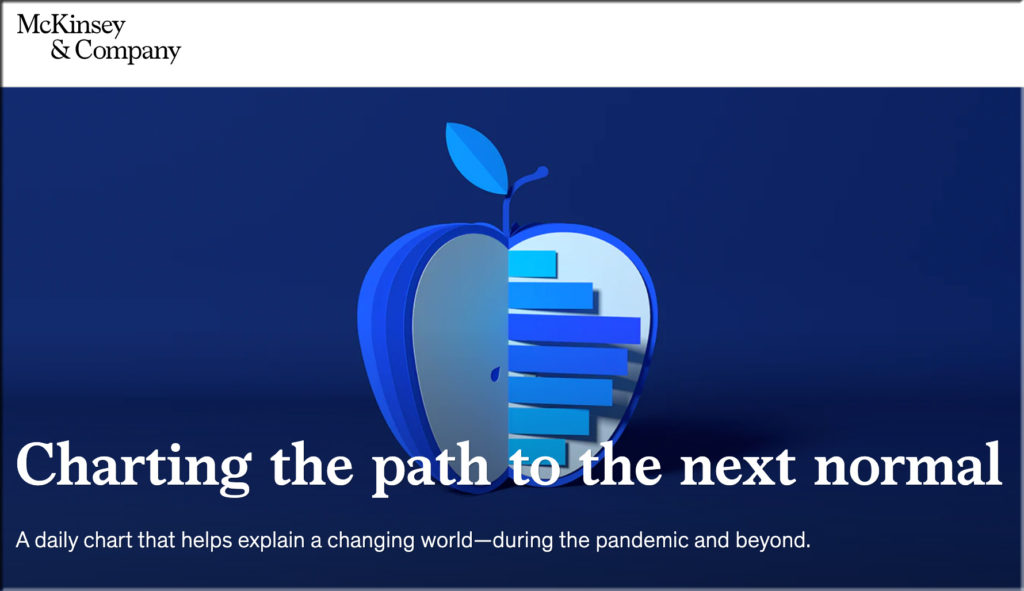CT kids have opportunity to learn about state’s legal system in virtual program — from wfsb.com by Ayah Galal
Excerpt:
HARTFORD, Conn. (WFSB) – Kids in Connecticut have a unique opportunity to learn about the state’s legal system and various social justice issues.
It’s being done in an interactive way by the Kids Court Academy Program.
The hope is to elevate children’s voices and empower them to envision themselves in fields like civil and human rights law.
“If you know how politics works and you know how government works then you can have a voice. You can be a part of the process,” said Cheryl Sharp, Deputy Director at the Commission on Human Rights and Opportunities.










